How to Fertilize Melons: Our Formula – Sembrar100
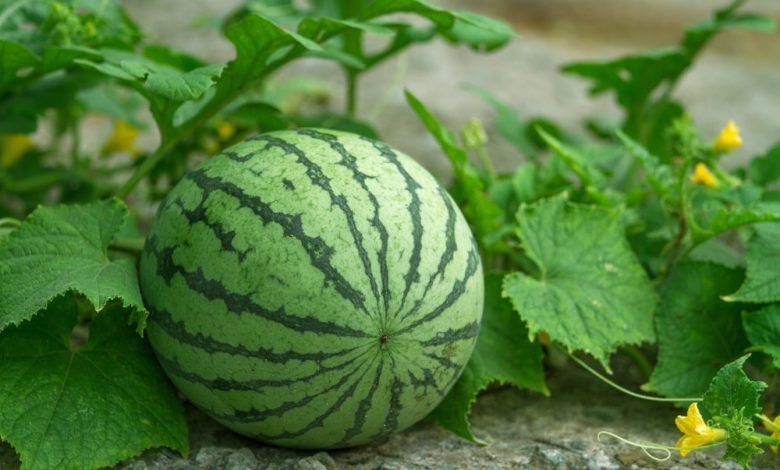
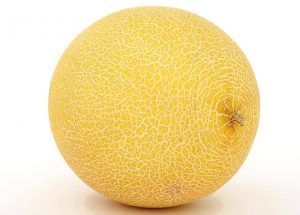 If we talk about the favorite fruits of summer, it is almost certain that melons are in the first places.
If we talk about the favorite fruits of summer, it is almost certain that melons are in the first places.
These, so juicy, fresh and with a sweet pulp, are produced in a creeping plant that you can enjoy in your home garden with little effort.
The idea is that of course you ensure the necessary care to develop in the most efficient way possible.
And that is exactly what you will achieve by applying the melon fertilizer, a subject that we will talk about a lot today. Will you join us?
Why is it important to fertilize melons?
Fertilizing melons is interesting because it allows to protect the nutritional quality of the plants, the fruits and the soil where they are planted.This implies that the plants will be healthier, greener and more vigorous, so they will execute all their internal processes efficiently.
All this will have a positive impact on the generation of flowers and, in the end, on the harvest of fruits of better size and flavor. When a melon plant is fertilized according to the recommendations of the specialists, it will be able to stay healthy and, most likely, free from all kinds of pests or diseases.
How often should we pay the melons?
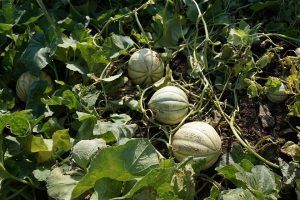 You will fertilize the melons even before you start sowing to offer them a very nourished environment that they will know how to take advantage of.
You will fertilize the melons even before you start sowing to offer them a very nourished environment that they will know how to take advantage of.
After that, you will have to pay regularly, every 15 days or monthly depending on the provisions of the manufacturer you are working with.
You will maintain these subscribers during the spring and summer season, which is the productive phase of the plant.
What nutrients do melons need?
The main nutrients required by melons are nitrogen (N), potassium (K) and phosphorous (P).Melons are also picky about other nutrients like calcium (Ca) and boron (B).
These two are directly involved in the fruit setting process and in the firmness that they will reach when they grow. These, in balance with the rest of the micronutrients, will result in plants with a better appearance and, most importantly, with better productive capacities.
The important thing is to consider the specific nutritional demands of the crop, since not all of them have the same behavior. In the same way, you have to assess the way you are going to supply it because not all strategies offer the same results.
For example, foliar fertilization offers faster changes than root action, but the root route is better for plants and soil.
What kind of fertilizers do melons need?
Melons will do best if they have the proper amount of nutrients in the growing medium before planting. This implies that you use organic and preferably homemade fertilizers to nourish the place where you will plant them.
When the planting process progresses and the first seedlings appear, it is necessary to fertilize with a higher level of nitrogen to promote the growth of the green parts of the plant. You can achieve this with a fertilizer with a higher nitrogen content. Either with a higher NPK of N or with a compost such as organic matter such as manure.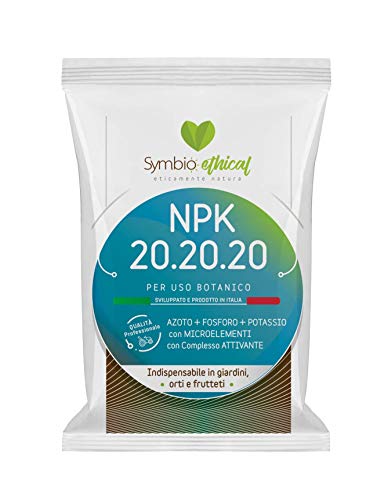
When the plant is already advanced in its development and the flowering time is about to come, it is best to take advantage of a liquid fertilizer that you will keep in use until the fruits are ripe.
How do we prepare compost for melons?
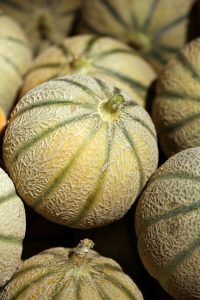 The organic fertilizers that you make at home can be supplied directly on the substrate when they are sufficiently processed.
The organic fertilizers that you make at home can be supplied directly on the substrate when they are sufficiently processed.
Here the important thing is to verify that the chosen one is not placed just above the roots because it could cause burns that damage them.
In addition to that, do not allow fertilizers of this type to touch the newly born seedlings because they could burn them.
You can get NPK fertilizers in granules or in a water-soluble format, depending on what is available at the agricultural store.You will apply the granules directly on the crop, spreading the granules and watering them deeply afterwards so that they penetrate.
In the case of water-soluble ones, you will have to dilute them in water and then apply with the daily irrigation system you use. Here it is important to follow the instructions recommended by the manufacturer or even aim for a smaller amount to assess the behavior of the crop.
The reality is that just as plants can suffer from a lack of nutrients, they can also be damaged by an excess, so proceed with caution.
How do we detect if melons need fertilizer?
The manifestations that the melons are asking for nutritional support can be detected through the following symptoms:
- Lack of growth and vigor are caused by low nitrogen levels.
- Yellow leaves can symbolize a lack of nitrogen or iron.
- If the fruits are of poor quality, whether in size, color or flavor, it may be due to a magnesium deficiency.
- The appearance of black lines on the edge of the leaves or that they turn brown in their entirety, also responds to a low level of magnesium.
- If the leaves turn yellow, but the edges are starting to look reddish, this could be due to a poor level of phosphorus.
- When old leaves turn yellow from the edges to the center, the cause could be a zinc deficiency.
In any case, the main thing is to take into account the behavior of the crop according to the area where you are planting it. The reason is that not everyone responds the same way to subscribers because much depends on the climate, the type of substrate, access to light, etc.
Therefore, although there are fertilizer proposals for melons that give good results in most cases, consider how important it is to know yours in particular. Taking time to meet this requirement will give you much better results and that’s just what you want, right?
Bibliographic references
- Preliminary response of melon (Cucumis melo L.) variety cantaloupe to the application of organic fertilizers chicken manure and vermicompost in a localized way in … R, Consuegra Ponce, R Ordoñez Manjarrez – 2006 – ns2.kanoli.com
- Complementary effect of green manures on earliness, quality and yield in an organic melon crop (Cucumis melo L. var. cantalupensis Naud) cv …, JE Muñoz Garrido, R López Emparan – 2012 – dspace.utalca.cl
- Melon production (Cucumis melo) with different levels of organic fertilizer in the Quinindé canton, J Chávez Perea – 2014 – repository.uteq.edu.ec
- Development of melon (Cucumis melo) cultivation with vermicompost under greenhouse conditions , A Moreno-Reséndez, L García-Gutiérrez… – Ecosistemas y…, 2014 – scielo.org.mx
- Effect of compost from oxidation pools on melon crop yield , CCAÁ Díaz – Revista Científica Agroecosistemas, 2017 – aes.ucf.edu.cu
Maybe you are also interested in:

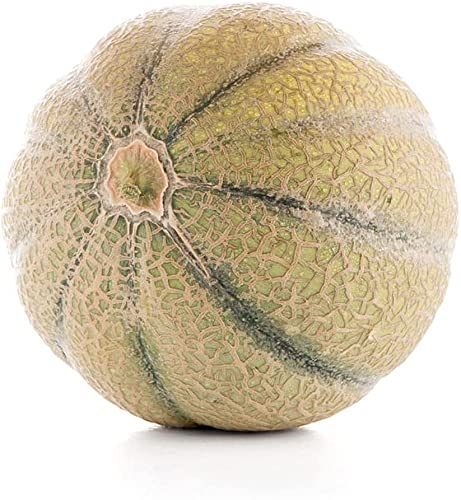
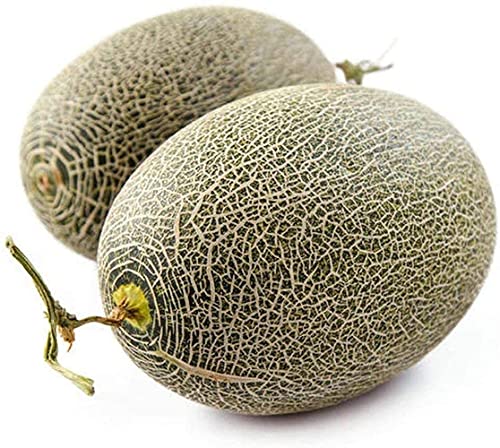
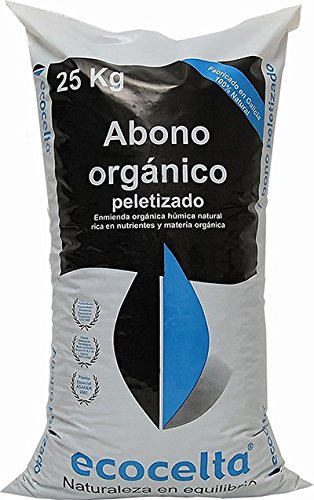
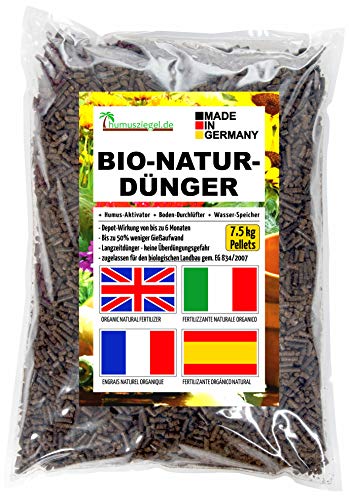
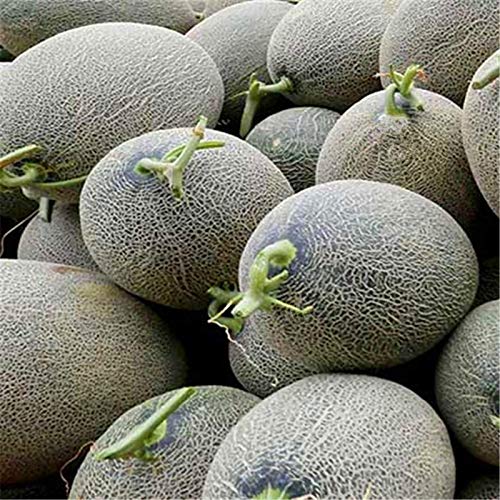

![Photo of [7 Tips] For the Perfect Care of your Garden](https://www.complete-gardening.com/wp-content/uploads/2022/08/7-tips-for-the-perfect-care-of-your-garden-390x220.jpg)

![Photo of Plant Mango: The Step-by-Step Guide you need to eat this delicious fruit [12 Steps]](https://www.complete-gardening.com/wp-content/uploads/2022/08/plant-mango-the-step-by-step-guide-you-need-to-eat-this-delicious-fruit-12-steps-390x220.jpg)